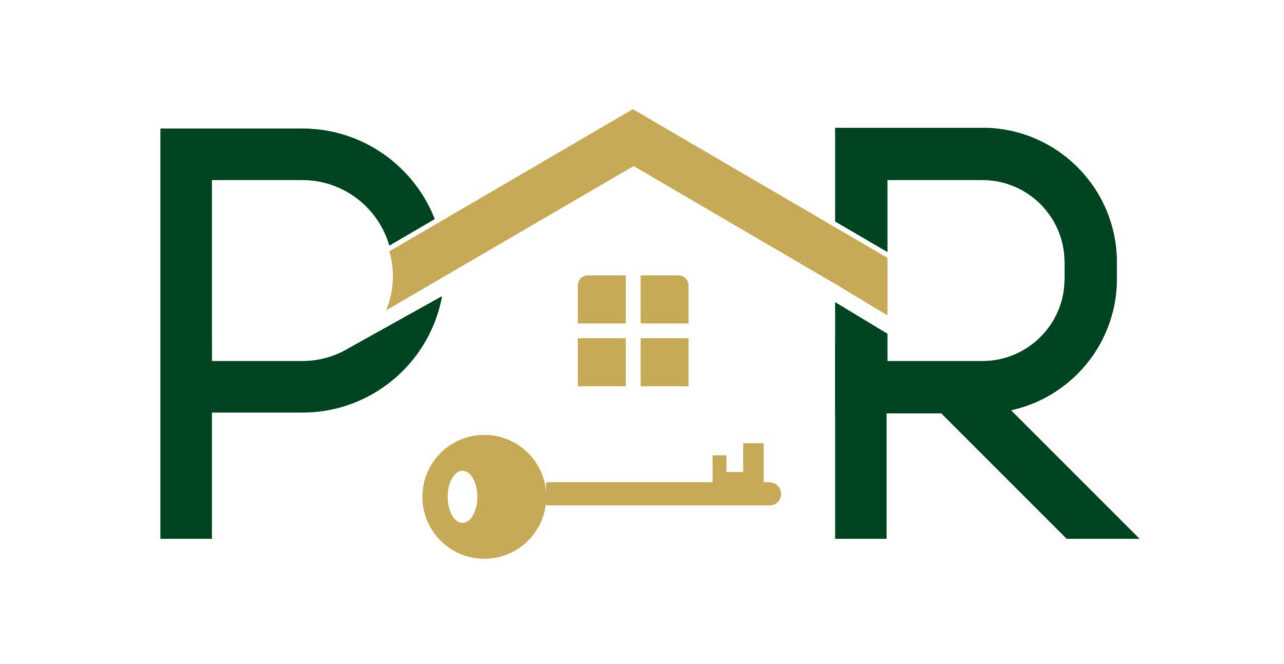Thinking about becoming a landlord? You might be picturing yourself kicking up your heels while the rental income rolls in like easy money. While income from rental properties can certainly help you enjoy a more comfortable, leisurely life, managing a rental isn’t all roses — and it comes with costs you might not expect.
There’s a give-and-take between landlord and tenant, and in exchange for their monthly payments, you need to hold up your end of the bargain. That means maintaining a functional, safe, problem-free rental. All of that doesn’t come cheap. So, let’s look at the top 5 costs of being a landlord.
1. Vacancy“Days on market” is defined as the number of days from when the property comes on the market until it is rented. So, by reducing the days on market, we reduce the vacancy period. Usually, the most common cause of properties remaining vacant for a longer amount of time than is necessary is that the landlord sets the rental rate above market rents. For prospective tenants searching for a rental, they can quickly determine how much is too much for a specific property. The first things they look at is the rental rate. In addition, the property being in less-than-perfect condition can cause the property to sit on the market longer. The landlord attitude of “it’s just a rental” is the absolute incorrect attitude to have. In our market, tenants have a lot to choose from and so as a landlord, you want to have the best property offered at the best prices and condition.
2. Not properly screening tenantsI’m sure you’ve heard all the horror stories about bad tenants trashing properties and costing landlords thousands of dollars in damage. A properly screened tenant is not immune to causing this amount of damage. But more times than not when you track one of these horror stories back to the beginning, the tenant was never screened initially. The story usually begins with, “they seemed like such nice people…” Although in the rental business we can never reduce our risk to zero, a thorough tenant screening process is one of the best tools you can use to mitigate the risk you will face from the tenant.
3. Non-paying tenantsAlthough non-paying tenants are often the result of not screening tenants, sometimes they are a result of living life. Things like death, divorce and job loss can put the tenant in a different economic situation which means they can no longer pay the rent. If this situation occurs, sometimes the best solution is to mitigate the loss by working with the struggling tenant and immediately seeking a new tenant to rent the property.
4. Marketing and ManagementTo attract tenants, you’ll likely need to market your property. That might mean paying for advertisements and online listings or working with a local real estate agent or property manager to find a tenant. It likely also means paying for a cleaning service and a pro photographer, so that you can present the home in its best light online. Hiring a property management company to take care of the property during the rental period comes at a cost but also gives the landlord peace of mind.
Beyond that, as a landlord you should also work with a real estate attorney to ensure you have a solid rental agreement in place to protect yourself. In fact, you might need one on a regular basis if you run into problems with tenants — for example, late or unpaid rent, damaged property or illegal activity. And if you ever need to explore a possible eviction, you’ll want that lawyer on speed-dial.
5. MaintenanceAs the landlord, it’s your responsibility to maintain your property and keep everything in good working order. That includes ongoing maintenance, like lawn care, but also fixing anything that breaks. Leaky pipe? Clogged toilet? HVAC problems? All on you. You can hire a professional to tackle these things for you, of course, but you need to budget for that cost. It’s generally a good idea to set aside some money for unexpected repairs — you never know when they’ll come up. I recommend that landlords set aside $50 – $100 per month to cover the repair that will eventually be spent on maintenance.
Bottom Line
If you have been considering hiring a trusted property manager lets connect and see how we can assist you with your investment property.


